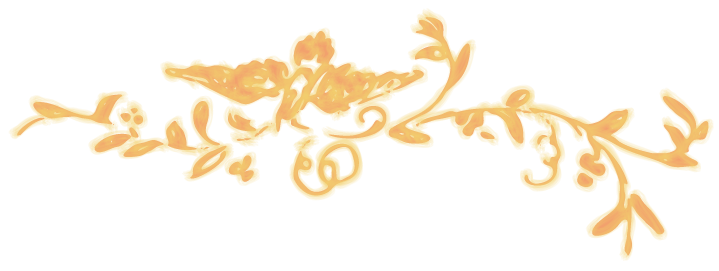Gertrude Kimber Burleigh: Quaker Partner to Charles
Gertrude Kimber Burleigh Basics
b. June 14, 1816, Tredyffrin Township, Pennsylvania
d. August 26, 1869, Northampton, Massachusetts
m. Charles Calistus Burleigh (1810-1878), October 24, 1842, Kimberton, Pennsylvania
lived in Pennsylvania, Vermont, Connecticut, and Massachusetts
Feminist, teacher, Quaker, abolitionist, mother, singer, and thinker. She loved her husband, in all his eccentricities.
Sidney Southworth describes her thus on first meeting in March of 1843:
"I saw C.C.B. and his wife there. Charles’ wife is a splendid specimen of her sex and race as I ever saw. If humanity were all like her, and no matter how much better, the moral world would not remain a chaos long. A power would effectually be exerted to bring it into shape."
(Southworth letter to GSB 1843-05-01, HA 1274; cf. 1843-06-03 - John Hay Collection, Brown University)
Reference
R.C. Smedley, History of the Underground Railroad in Chester and the Neighboring Counties of Pennsylvania. Lancaster, Pennsylvania: Office of the Journal, 1883. p. 204-205.
Gertrude Kimber Burleigh - and her spouse Charles Calistus Burleigh - signed the protest against the Whole World Temperance Conference that refused to seat female delegates, in May of 1853. That protest called for a true World Temperance Conference to be held in New York City in September of 1853.
Frederick Douglass' Paper, August 12, 1853
In 1844, after Gertrude and Charles moved back from Vermont to Pennsylvania, Gertrude ran a small business "marking" linens and muslins. This practice of placing a name or identifying mark on clothing was important to household management. Nearly every issue of the Pennsylvania Freeman in 1844 contains her modest advertisement of this service.
References
Pennsylvania Freeman New Series no. 17 p. 4 September 5 1844
The IK Workshop Society at The IK Foundation. Viveka Hansen. "18th & 19th Century Marking of Linen: Garments and Bedlinen Kept in a Museum Collection." LXVI, January 19, 2017.
A Quirky Anecdote
Gertrude's singing voice was noted by many friends. But the most important Abolitionist musicians of the time - the Hutchinson Family Singers - were intrigued by another vocal talent of hers!
So we can see that Gertrude Kimber Burleigh had her own eccentricities. At the time reported here, the Burleighs were living in downtown Philadelphia, close to the waterfront. The presence of Wild Turkey (Meleagris gallopavo) in that busy neighborhood was unlikely - so for bystanders to suddenly hear a good imitation of the call could have been confusing!
References
John Wallace Hutchinson, Story of the Hutchinsons (Tribe of Jesse). Ed. Charles E. Mann. Boston: Lee and Shepard, 1896. Volume 1, p. 100.








